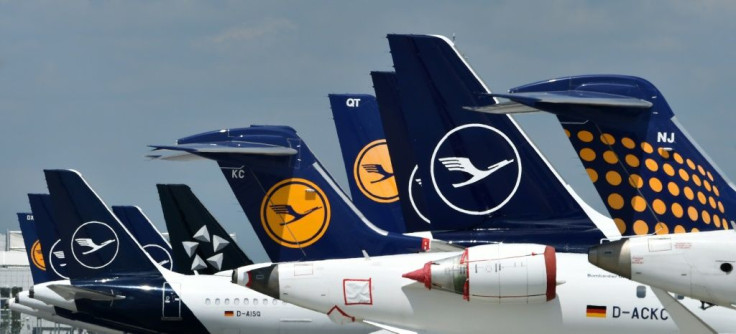Germany, Brussels Seal Pact On Lufthansa Rescue Plan: Sources
Germany and the European Commission have reached agreement on a giant Berlin-funded rescue plan for coronavirus-hit Lufthansa, a Commission spokeswoman and a source close to the negotiations said Friday.
Since the pandemic hit Europe, the Lufthansa group -- which also includes Brussels and Austrian Airlines and Swiss -- has been bleeding one million euros per hour, with around 90 percent of its 760-aircraft fleet grounded.
The deal would see the German carrier give up eight planes and their associated landing rights, the spokeswoman and the source said.
Lufthansa said in a statement it had "decided to accept the commitments offered by Germany to the EU Commission" for the rescue package, adding it would surrender up to 24 take-off and landing slots that could be allocated to rival airlines.
German media had previously reported the European Commission would demand the group give up valuable takeoff and landing rights at its Frankfurt and Munich hubs in exchange for Brussels' green light.

The nine-billion-euro ($10 billion) German state lifeline, would see Berlin take a 20-percent stake in the group, with an option to claim a further five percent plus one share to block hostile takeovers.
That would make the federal government Lufthansa's biggest shareholder.
On top of a total 5.7 billion euros in extra capital and 300 million to buy the shares at face value, public investment bank KfW would also lend Lufthansa three billion euros.
The company would agree to pay back much of the capital plus interest, while granting the state two seats on its supervisory board.
Hammering out the details of the package took so long because Chancellor Angela Merkel's conservatives were keen to minimise state control over the company's day-to-day running.






